How Restore Skin Care System Repairs Dry and Dehydrated Skin
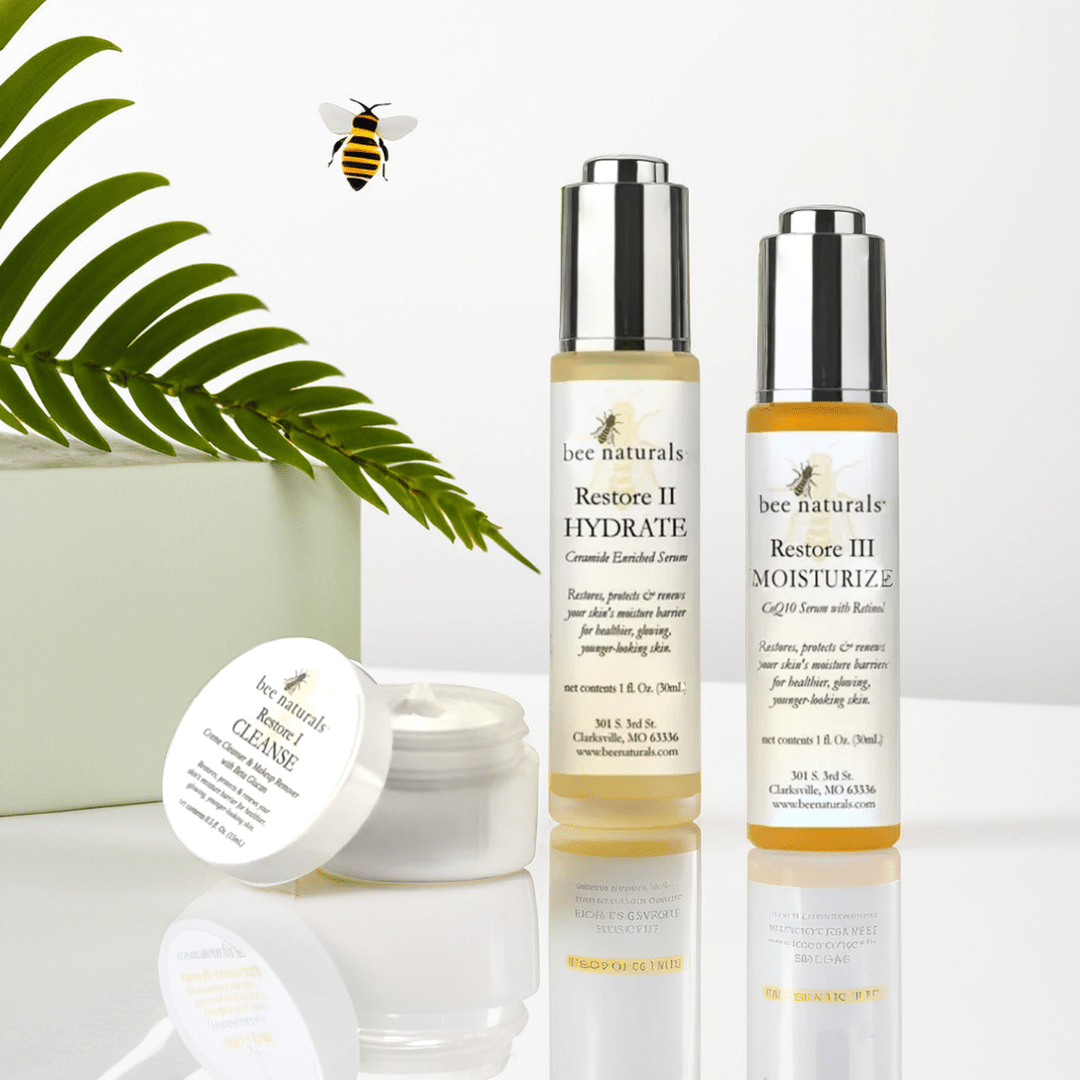
Dry and dehydrated skin affects millions of people worldwide. In the US alone, nearly 70% of individuals experience some level of dryness. These issues often stem from a compromised skin barrier, leading to tightness, flaking, or dullness. The Restore Skin Care System by Bee Naturals provides a targeted solution to repair and strengthen your skin barrier, effectively combating dryness and dehydration. This three-step regimen is designed to restore lasting hydration and promote healthier, smoother, and more radiant skin.
Key Takeaways
Many people have dry or dehydrated skin. Dry skin means less oil, while dehydrated skin means less water. Knowing the difference helps treat it better.
The Restore Skin Care System has three steps: clean, hydrate, and refresh. Each step uses special ingredients to fix and protect the skin.
Using hydrating products often, like those with hyaluronic acid and ceramides, keeps skin moist and healthy.
Your habits matter, too. Drink water, eat healthy food, handle stress, and sleep well to improve your skin.
Change your skincare routine with the seasons. Use a humidifier in dry air to stop water loss and keep skin hydrated.
Understanding Dry and Dehydrated Skin
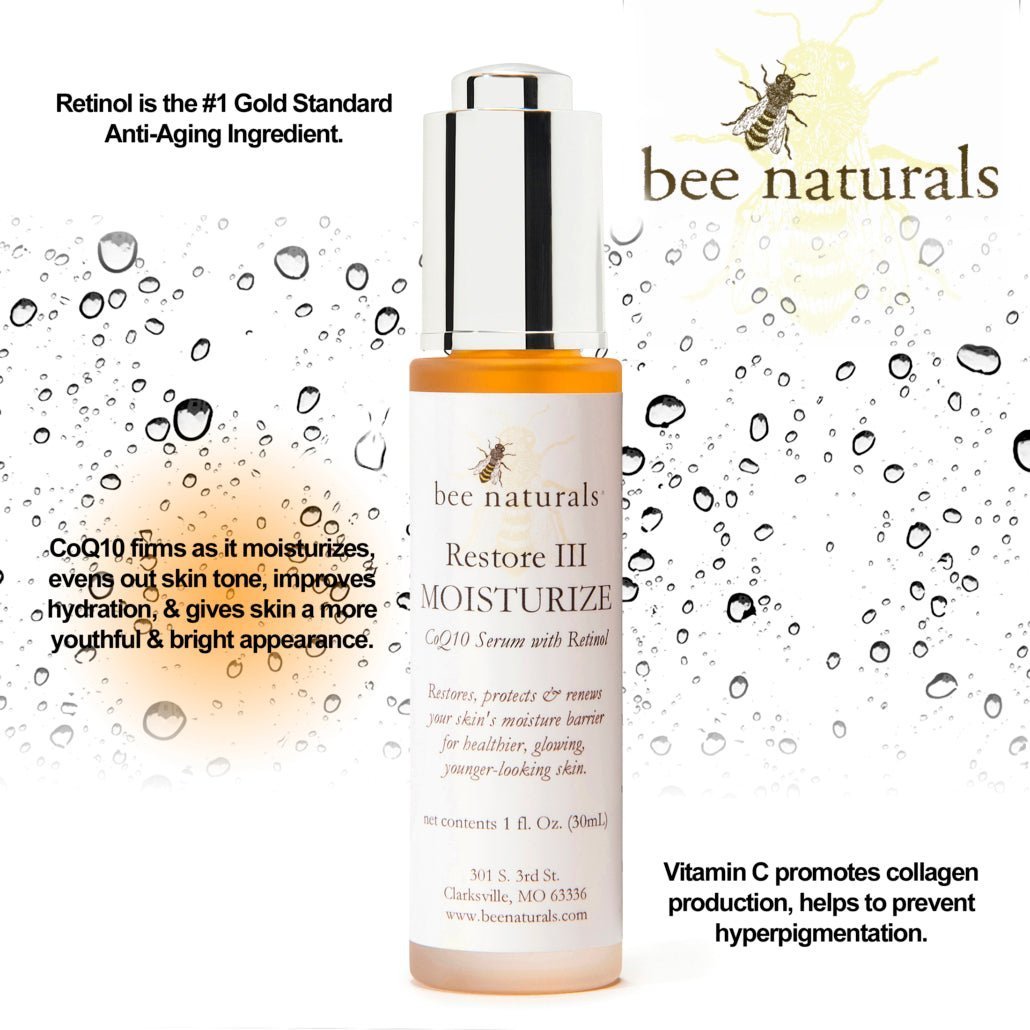
What Is Dry Skin?
Symptoms and Signs
Dry skin often feels tight and rough. You may notice flaking, redness, or even cracks in severe cases. It can also appear dull and scaly, especially on areas like your hands, elbows, and legs. These symptoms occur because dry skin lacks the natural oils, or sebum, needed to maintain softness and elasticity.
Causes of Dry Skin
Several factors contribute to dry skin. Aging reduces your skin's ability to produce sebum, making dryness more common as you age. Environmental conditions, such as cold weather or low humidity, can strip moisture from your skin. Frequent handwashing or exposure to harsh chemicals also damages your skin barrier, leading to dryness. Additionally, certain health conditions, like diabetes or thyroid disorders, and lifestyle habits, such as smoking, can exacerbate the problem.
What Is Dehydrated Skin?
Symptoms and Signs
Dehydrated skin lacks water, which can make it look dull and lifeless. You might notice fine lines, itchiness, or increased sensitivity. Dark under-eye circles and a loss of elasticity are also common signs. Unlike dry skin, dehydration can affect any skin type, including oily skin.
Causes of Dehydrated Skin
Dehydration occurs when your skin loses more water than it retains. This can happen due to factors like not drinking enough water, excessive caffeine or alcohol consumption, or exposure to air conditioning and heating systems. Stress and lack of sleep can also disrupt your skin's ability to retain moisture, leaving it dehydrated.
Differences Between Dry and Dehydrated Skin
Understanding the difference between dry and dehydrated skin is crucial for effective treatment. Dry skin is a skin type characterized by a lack of natural oils, while dehydrated skin is a condition caused by insufficient water content. Dry skin often appears flaky and scaly, whereas dehydrated skin looks dull and may show fine lines. You can test for dehydration by gently pinching your skin—if it takes time to bounce back, your skin is likely dehydrated.
Both conditions can feel similar, but their treatments differ. Dry skin benefits from moisturizing products that replenish oils, while dehydrated skin requires hydrating products to restore water levels. Addressing these issues helps repair your skin barrier and improve its overall health.
Causes of Skin Barrier Issues in Dry and Dehydrated Skin
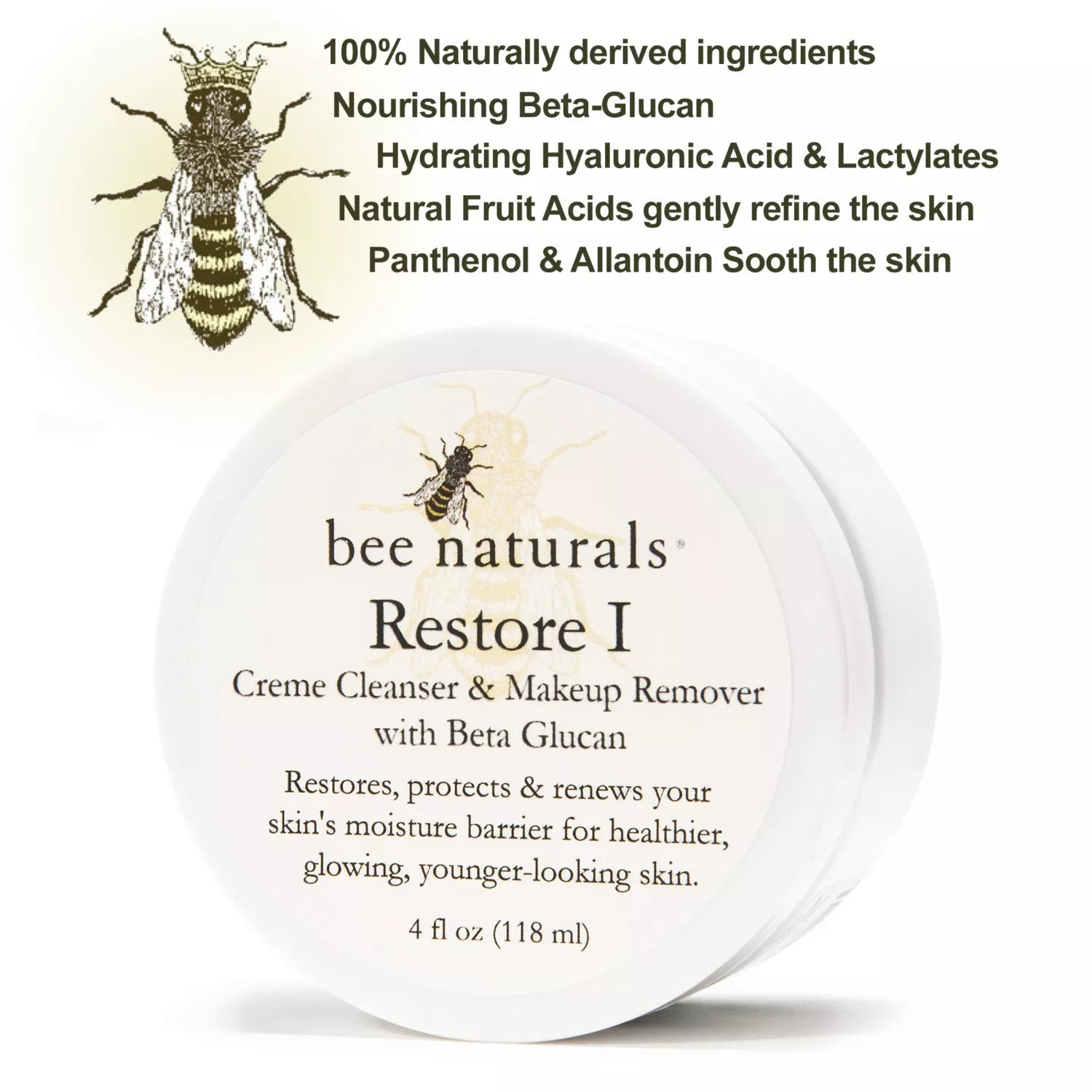
Environmental Factors
Weather and Climate
Weather plays a significant role in damaging your skin barrier. Low air humidity, common in cold or dry climates, can strip moisture from your skin, leaving it dry and flaky. Excessive sun exposure also weakens the skin barrier by breaking down collagen and elastin, leading to dehydration and premature aging. Living in either humid or dry environments can further disrupt your skin's natural balance. Additionally, exposure to allergens, irritants, and pollutants in the air can inflame your skin, making it harder for the barrier to function properly.
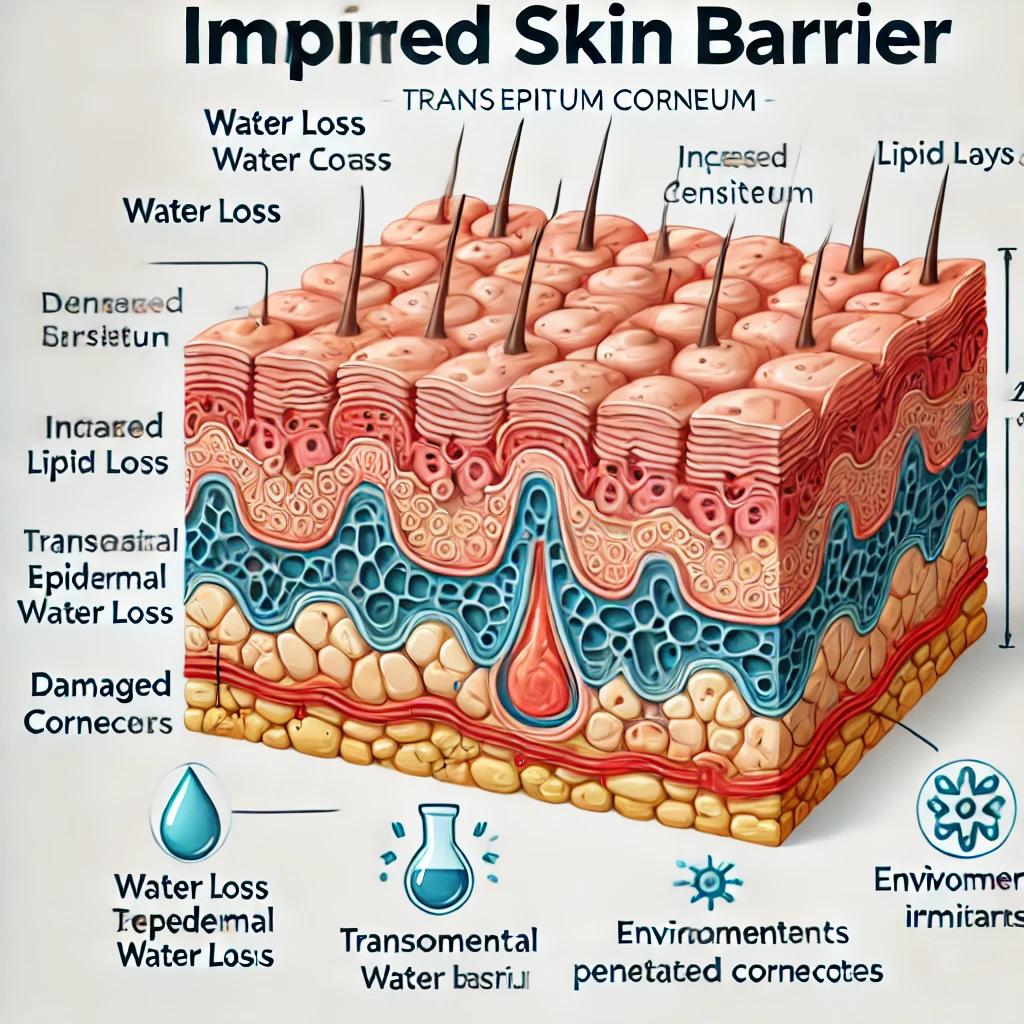
Indoor Heating and Air Conditioning
Indoor heating and air conditioning systems reduce humidity levels, which can dehydrate your skin. When the air lacks moisture, your skin loses water more quickly, leading to tightness and discomfort. Using lightweight fabrics for pillowcases may help retain moisture, as heavier fabrics tend to absorb it. If you spend a lot of time in climate-controlled environments, you may notice your skin becoming more prone to dryness and dehydration.
Skincare Mistakes
Over-cleansing and Harsh Ingredients
Over-cleansing can strip your skin of its natural oils, leaving it vulnerable to dryness and irritation—harsh cleansers containing ingredients like sodium lauryl sulfate damage the skin barrier by removing essential moisturizing substances. Products with alkaline detergents or chemicals can further weaken the barrier, making it harder for your skin to retain moisture. Choosing gentle, pH-balanced cleansers is essential to maintaining a healthy skin barrier. Use only lukewarm water for cleansing.
Lifestyle Habits
Poor Hydration and Diet
Your hydration levels directly impact your skin's moisture balance. Drinking enough water helps flush out toxins, improves blood flow, and ensures nutrients reach your skin cells. A poor diet lacking essential nutrients can leave your skin looking dull and dehydrated. Incorporating water-rich foods and maintaining a balanced diet can significantly improve your skin's health.
Stress and Sleep Deprivation
Chronic stress impairs the stratum corneum, the outermost layer of your skin, which is crucial for retaining moisture. This can lead to dry, itchy skin and slow the healing process of your skin barrier. Studies have shown that stress from daily life events, such as interviews or lack of sleep, negatively affects your skin's ability to stay hydrated. Prioritizing relaxation and quality sleep can help your skin recover and maintain its natural moisture levels.
How the Restore Skin Care System Repairs the Skin Barrier
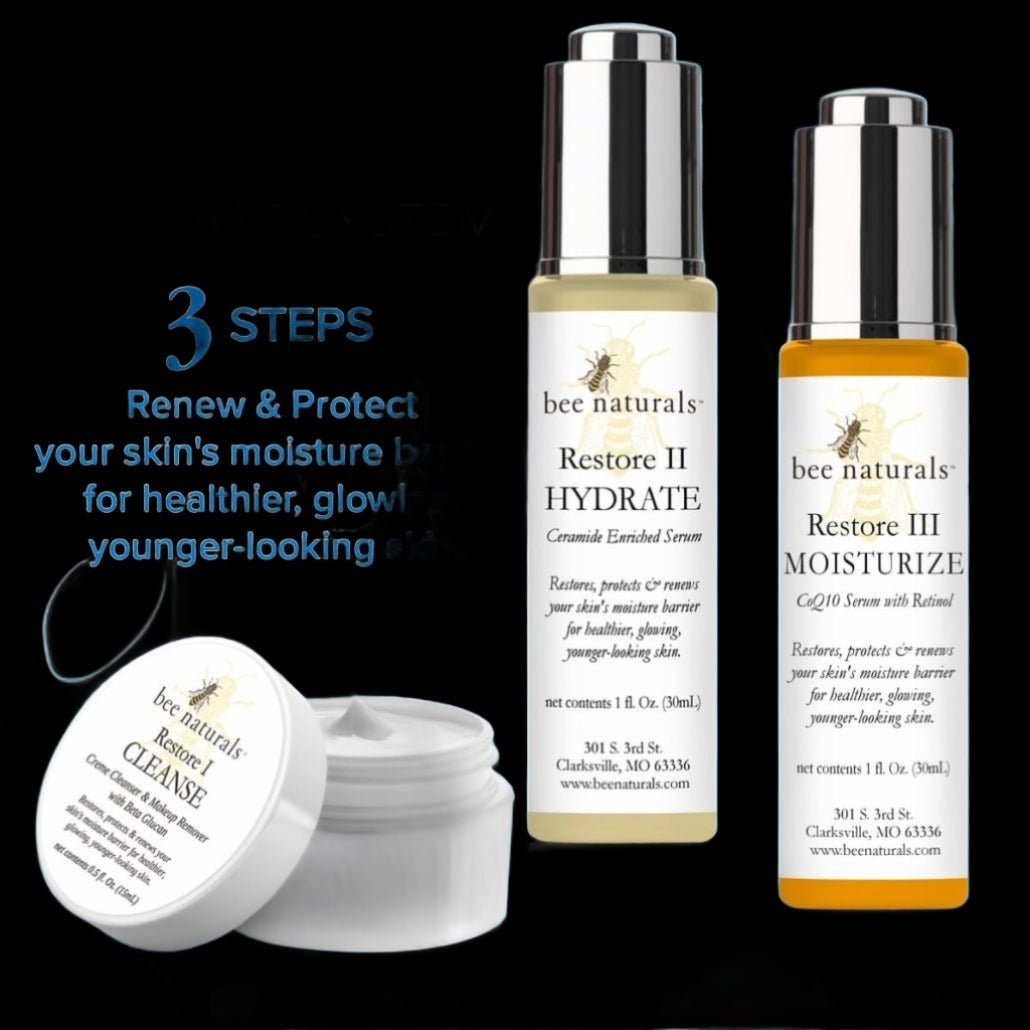
Step 1: Cleanse with Restore I
Benefits of Beta-Glucan and Natural Fruit Acids
Restore I combines beta-glucan and natural fruit acids to cleanse and nourish your skin. Beta-glucan deeply hydrates and soothes, making it ideal for sensitive or dry skin. Natural fruit acids, such as citric, malic, and lactic acid, refine your complexion and enhance radiance. These acids act as gentle exfoliants, removing dead skin cells to reveal a smooth, glowing surface. They also prepare your skin for the next steps in your routine, improving the appearance of blemished or flaky areas.
How Restore I Nourishes and Prepares the Skin
This cleanser removes impurities without stripping essential moisture. It balances your skin’s pH, ensuring it feels refreshed and hydrated. By nourishing your skin with beta-glucan and exfoliating with fruit acids, Restore I creates the perfect foundation for hydration and repair.
Step 2: Hydrate with Restore II
Role of Ceramides and Provitamin B5 in Strengthening the Skin Barrier
Restore II focuses on hydration and barrier repair with ceramides and provitamin B5. Ceramides are essential for maintaining your skin’s structural integrity. Studies show that ceramide-rich products alleviate dryness, itchiness, and scaling. They also strengthen the skin barrier, preventing moisture loss. Provitamin B5 enhances hydration and promotes healing, making your skin feel soft and supple.
How Restore II Locks in Moisture and Improves Elasticity
This lightweight serum absorbs quickly, delivering hydration deep into your skin. It locks in moisture, reducing dryness and improving elasticity. With regular use, Restore II helps your skin feel smoother and more resilient.
Step 3: Revitalize with Restore III
Benefits of CoQ-10 and Retinol for Skin Repair
Restore III combines CoQ-10 and retinol to repair and rejuvenate your skin. CoQ-10 reduces oxidation and boosts collagen production, as shown in studies. It also improves skin texture and elasticity. Retinol enhances cell turnover, reducing fine lines and improving skin tone. Together, these ingredients combat environmental damage and aging.
How Restore III Enhances Collagen Production and Fights Aging
This serum revitalizes your skin by stimulating collagen and elastin production. It reduces the appearance of wrinkles and improves firmness. With its antioxidant properties, Restore III protects your skin from free radicals, leaving it radiant and youthful.
Tips for Maintaining Healthy Skin Post-Repair
Daily Skincare Practices
Consistent Use of Hydrating Products
Hydrating products are essential for maintaining your skin’s moisture balance. Look for ingredients like hyaluronic acid, glycerin, and ceramides. These ingredients attract and retain water, keeping your skin plump and smooth. Using a hydrating sleep mask can also boost moisture levels overnight. Protect your skin from environmental stressors by applying sunscreen daily, even during cloudy days.
Avoiding Harsh Cleansers
Switch to a gentle, pH-balanced cleanser to avoid stripping your skin of natural oils. Over-cleansing or using products with harsh chemicals can weaken your skin barrier, making it prone to dryness and irritation. Limit showers to 5–10 minutes and use lukewarm water to prevent further moisture loss.
Lifestyle Adjustments
Staying Hydrated and Eating a Balanced Diet
Drinking enough water is crucial for maintaining your skin’s hydration. Incorporate water-rich foods like cucumbers, watermelon, and strawberries into your meals. Omega-3 fatty acids from salmon, walnuts, and flaxseeds strengthen your skin’s moisture barrier and reduce inflammation. A balanced diet rich in vitamins A and C supports collagen production, keeping your skin firm and youthful.
Managing Stress and Prioritizing Sleep
Stress can disrupt your skin’s ability to retain moisture. Practice mindfulness or meditation to lower stress levels. Regular exercise boosts endorphins, improving your mood and skin health. Aim for 8–9 hours of sleep each night to allow your skin to repair and rejuvenate.
Seasonal Skincare Adjustments
Adapting to Weather Changes
Your skincare routine should adapt to seasonal changes. In winter, focus on hydration by using products with hyaluronic acid and ceramides. During warmer months, switch to oil-free moisturizers to prevent clogged pores. Always use sunscreen to protect your skin from UV damage year-round.
Using a Humidifier in Dry Seasons
A humidifier adds moisture to the air, helping your skin retain water more effectively. This prevents dryness caused by low humidity during colder months. Dermatologists recommend using a humidifier to maintain your skin barrier and reduce moisture loss.
The Restore Skin Care System offers a powerful solution for repairing your skin barrier and addressing dry and dehydrated skin. Its three-step regimen works to cleanse, hydrate, and revitalize, leaving your skin healthier and more radiant. Consistent skincare and lifestyle habits, like staying hydrated and using gentle products, are essential for maintaining these results. By incorporating this system into your routine, you can achieve visible improvements and long-lasting hydration. Start your journey to smoother, more resilient skin today with the Restore Skin Care System.
FAQ
What makes the Restore Skin Care System different from other products?
The Restore Skin Care System uses 45 premium, naturally derived ingredients. Each step works synergistically to repair your skin barrier, hydrate deeply, and combat aging. Its holistic approach ensures visible, long-lasting results.
Can I use the Restore Skin Care System if I have sensitive skin?
Yes, the system is suitable for sensitive skin. Its gentle formulas, enriched with beta-glucan and ceramides, soothe irritation and strengthen your skin barrier without causing redness or discomfort. The Restore products are fragrance-free.
How long does it take to see results?
You may notice improvements in hydration and texture within a week. Consistent use over 4–6 weeks enhances elasticity, reduces fine lines, and revitalizes your skin.
Is the Restore Skin Care System safe for daily use?
Absolutely! Each product is designed for daily use. To maintain healthy, glowing skin, follow the three-step regimen—cleanse, hydrate, and revitalize.
Do I still need sunscreen while using this system?
Yes, sunscreen is essential. Retinol in Restore III increases sensitivity to sunlight. Apply broad-spectrum SPF daily to protect your skin and maximize the system’s benefits.
Tip: Pair the Restore Skin Care System with sunscreen for optimal skin health and protection.
Citations:
https://pubmed.ncbi.nlm.nih.gov/26449379/
https://pubmed.ncbi.nlm.nih.gov/29110595/
https://pubmed.ncbi.nlm.nih.gov/24434680/
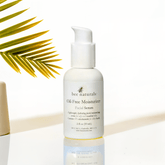

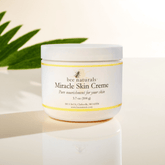

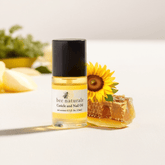

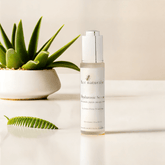



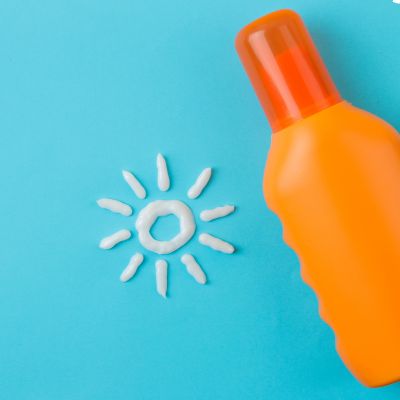
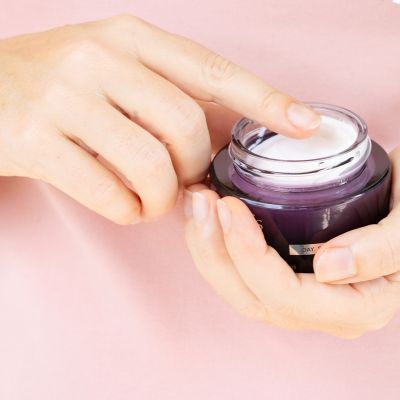
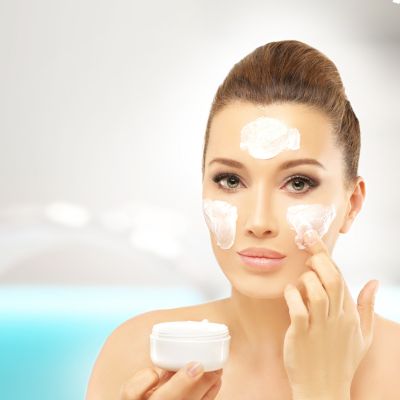
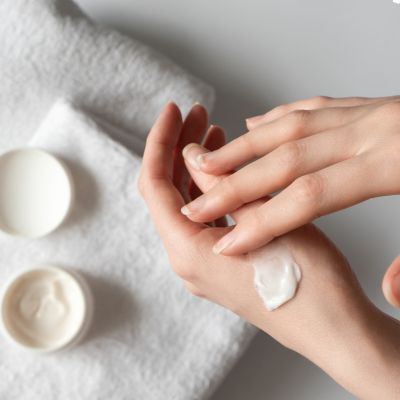
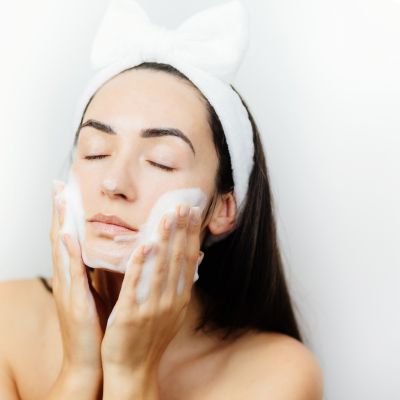
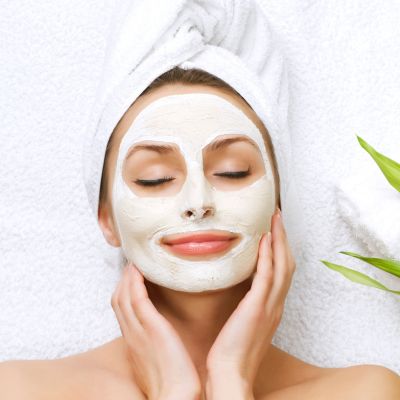
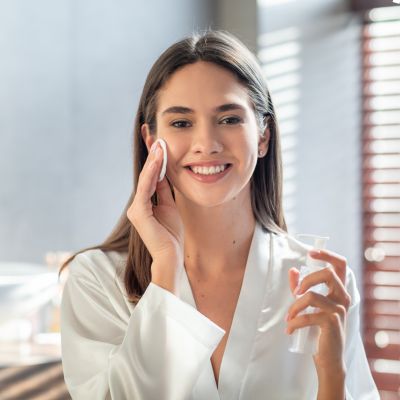
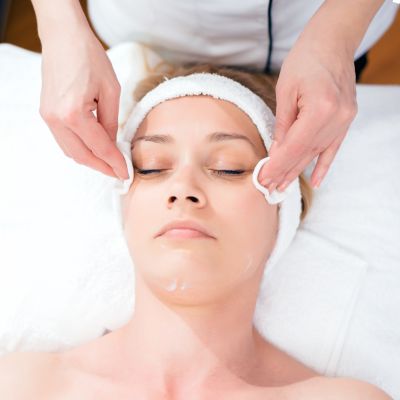
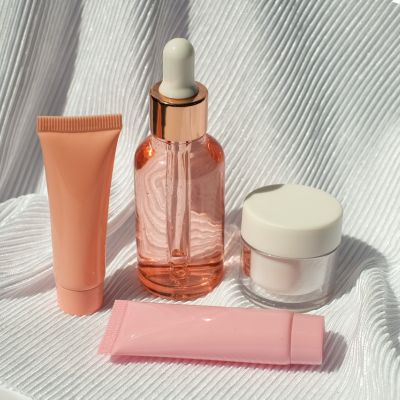
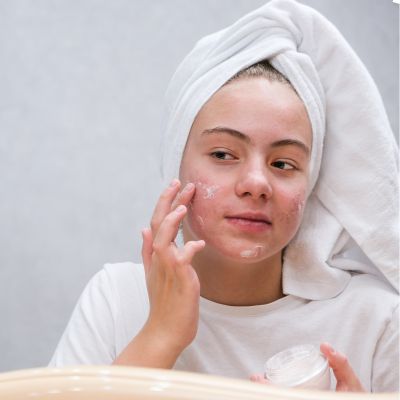

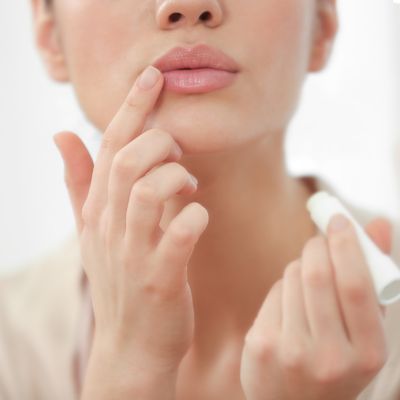
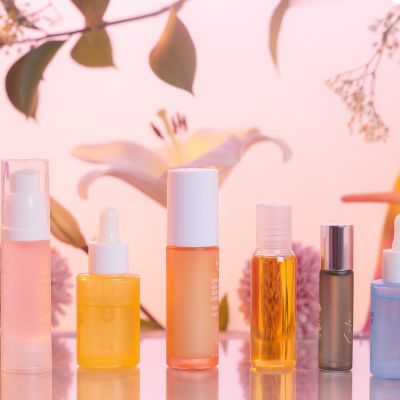
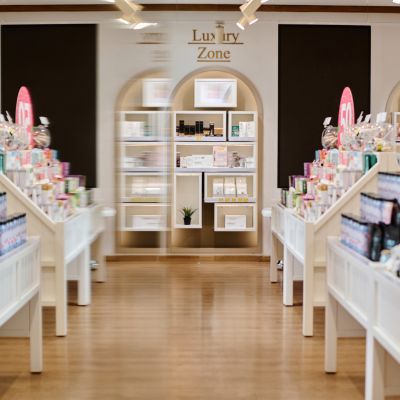



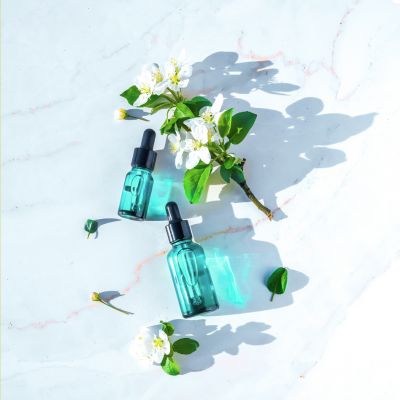

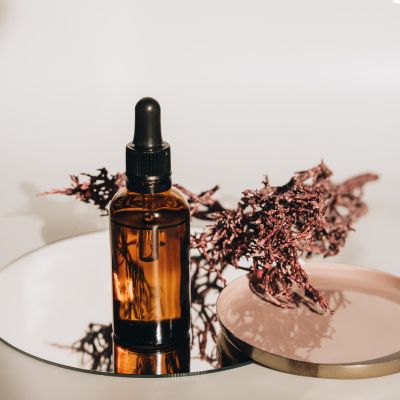
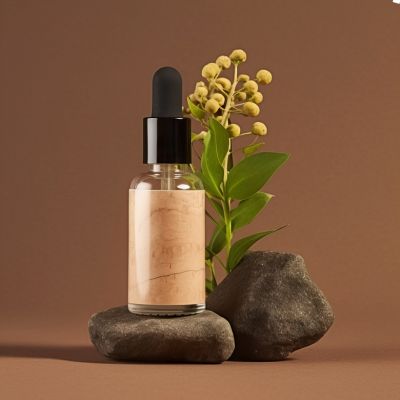
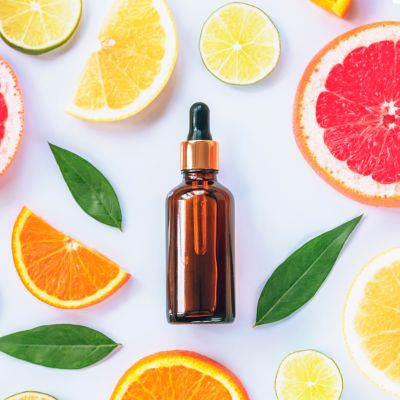
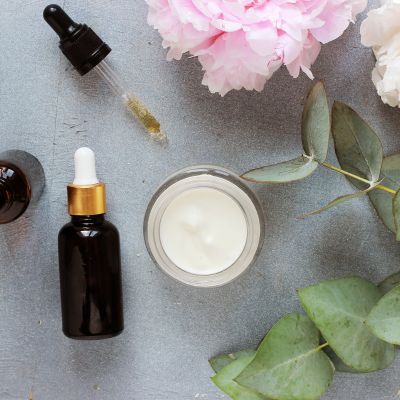
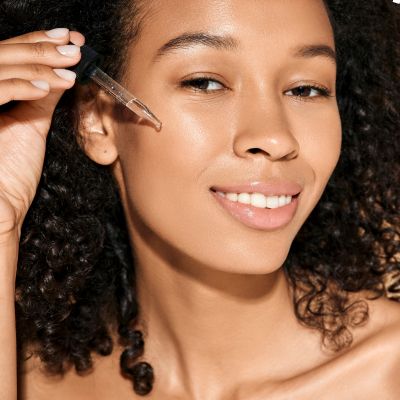
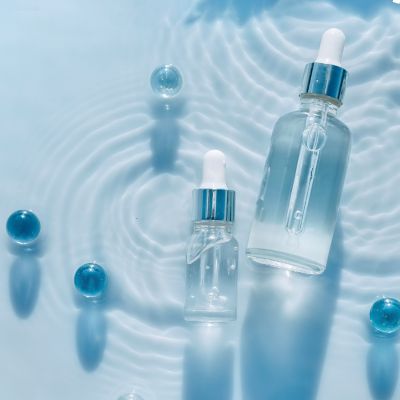
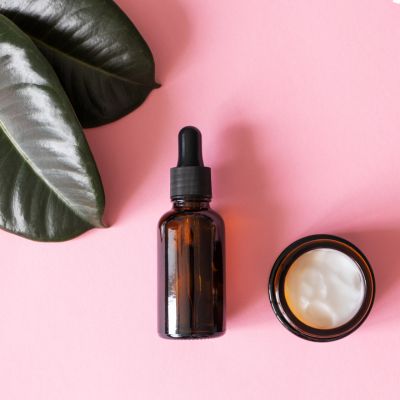

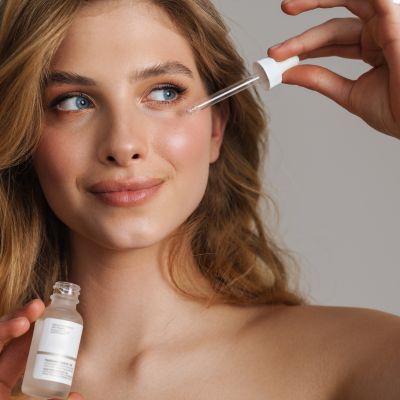
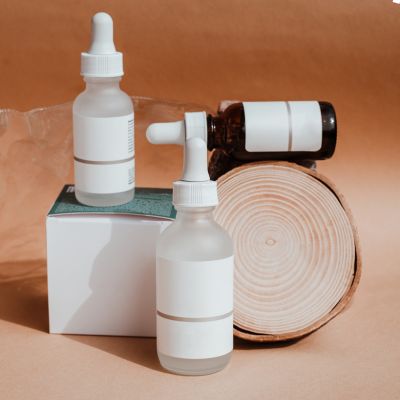



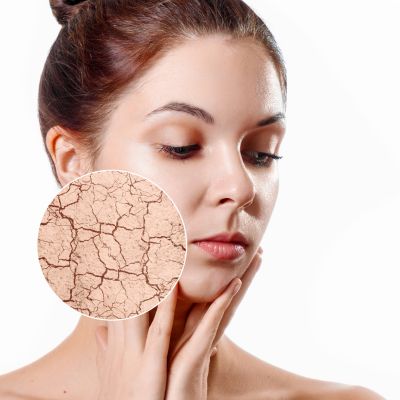



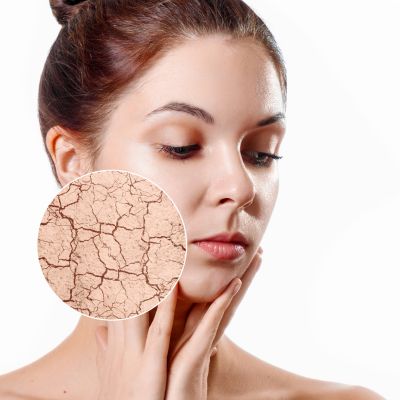





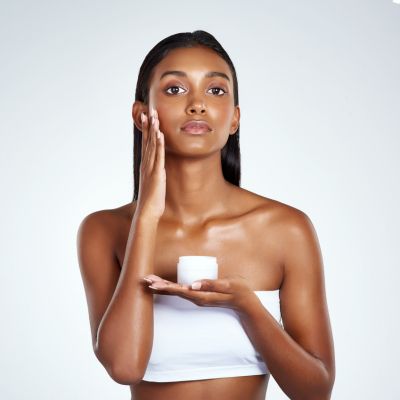
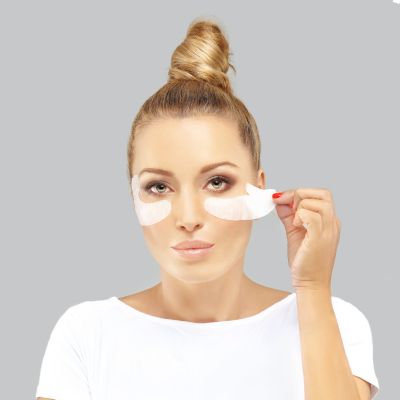


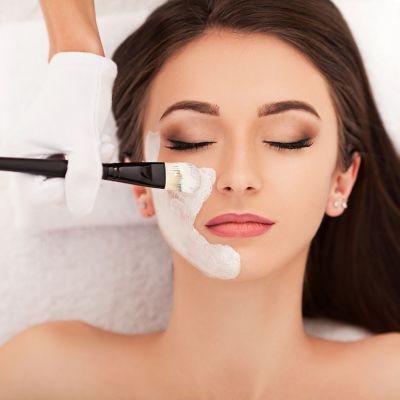
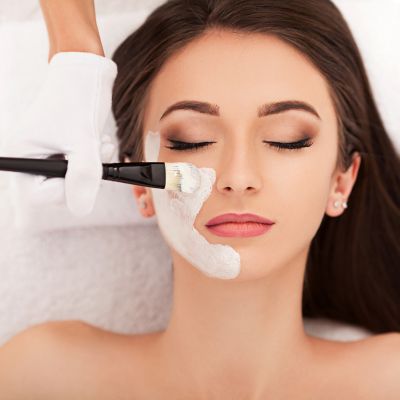
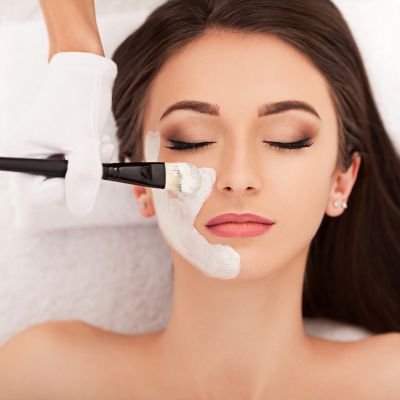
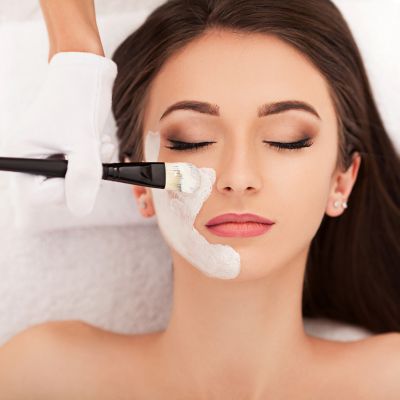
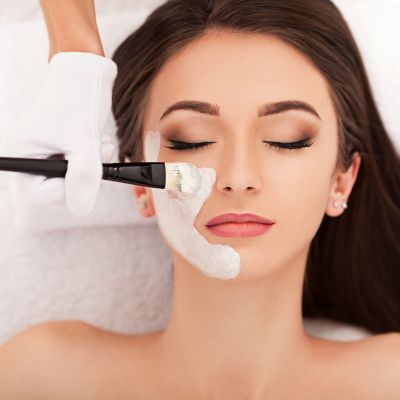
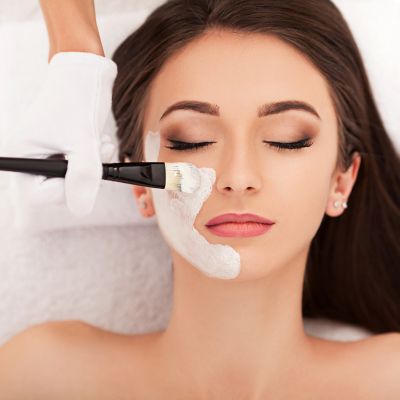
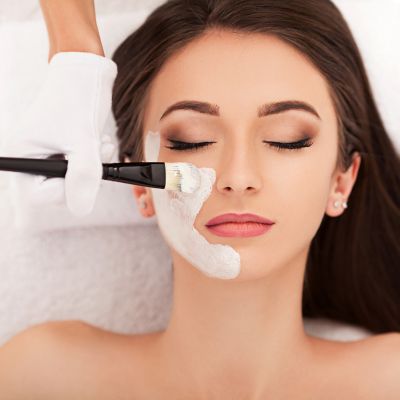
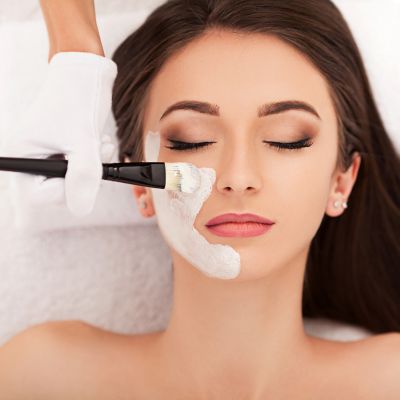
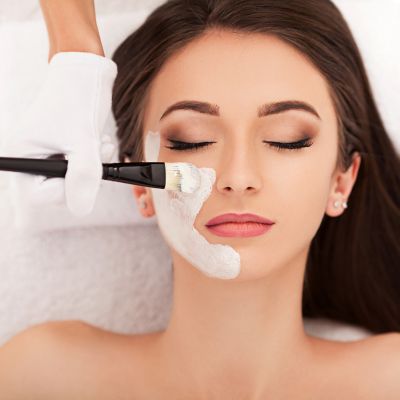
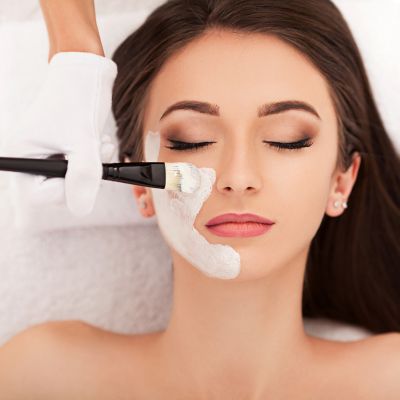
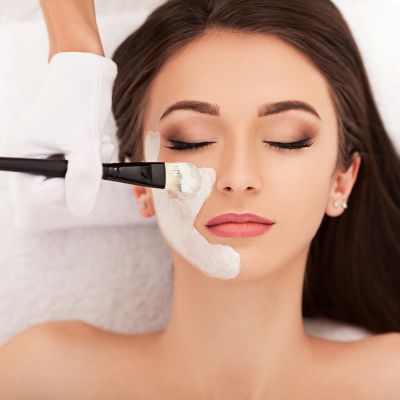
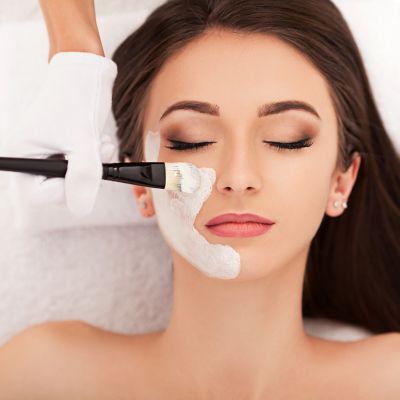
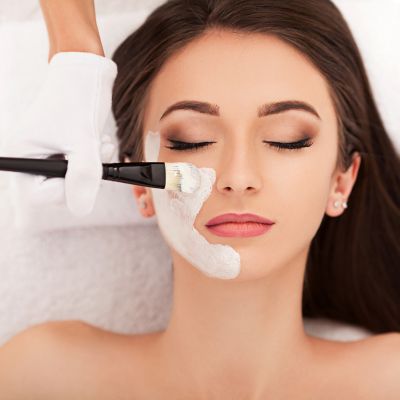
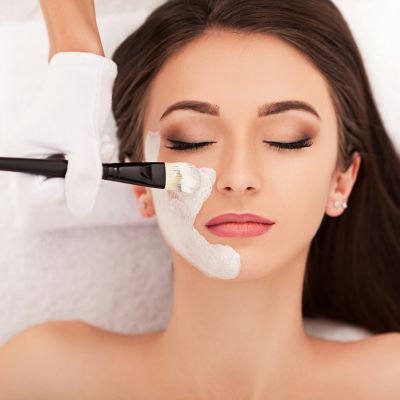
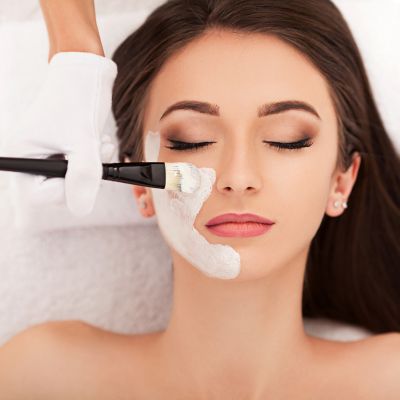



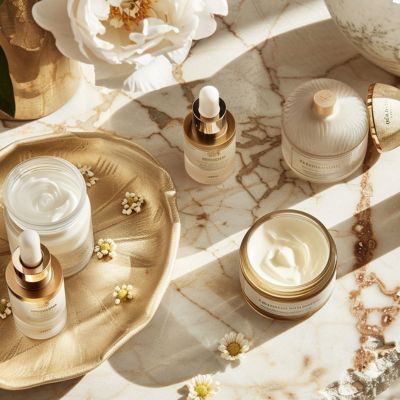
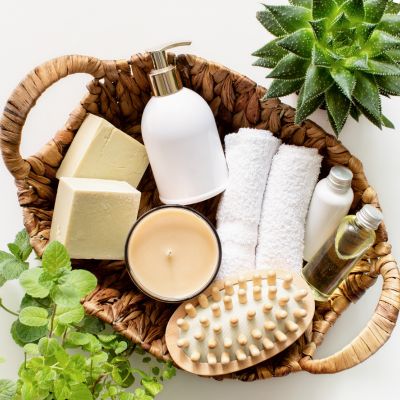

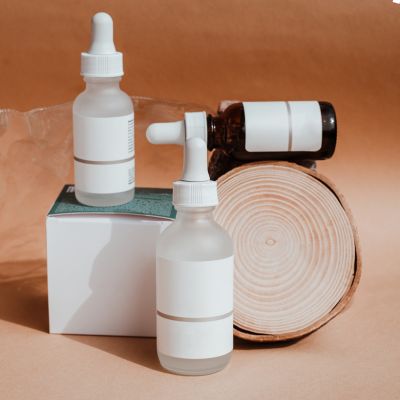
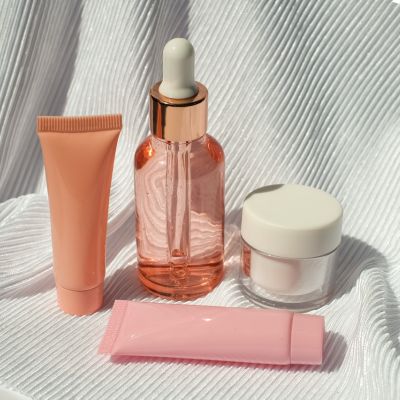


Leave a comment
Please note, comments need to be approved before they are published.